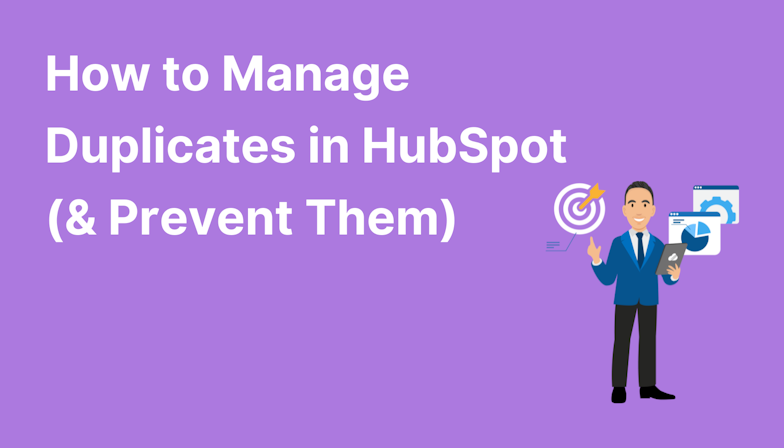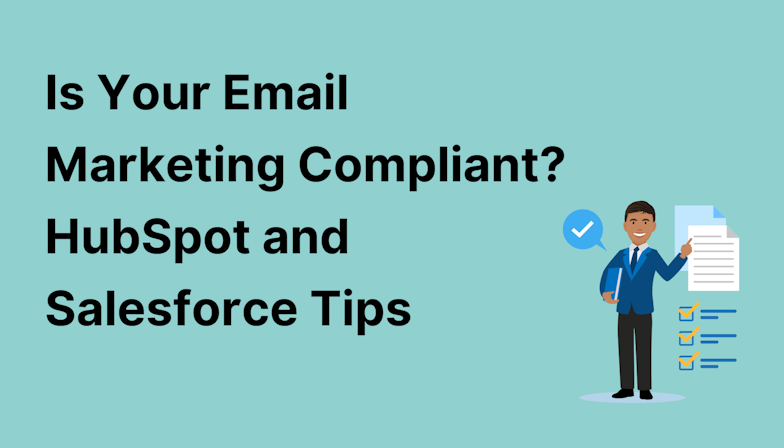You may have heard the terms Salesforce, Salesforce CRM, and Sales Cloud used interchangeably. In most cases, people using these names will be referring to the customer relationship management (CRM) solution created by Salesforce, the company.
Technically though, there are huge differences between Sales Cloud vs Salesforce Platform.
For marketers, it’s important to know these differences in order to understand which Salesforce marketing tools are available to you, and how best to use them. In this case, both Sales Cloud and Salesforce Platform have useful features for marketing.
Salesforce vs Salesforce Platform vs Sales Cloud
- What is Salesforce?
- What is Salesforce Platform?
- What is Sales Cloud?
- Making sense of Salesforce licenses
First, let’s be super clear and say that no, Sales Cloud is not the same as Salesforce, or Salesforce Platform.
What is Salesforce?
Salesforce Inc, usually shortened to simply ‘Salesforce’, is the name of a software company that provides cloud-based solutions and applications to support customer relationship management via sales, marketing, customer service, ecommerce, and app development.
What is Salesforce Platform?
Salesforce Platform, formerly called force.com, is a Platform-as-a-Service (PaaS) product created by Salesforce, that allows developers to build, test and deploy cloud-based apps and websites. The most current version is actually called ‘Salesforce Lightning Platform’.
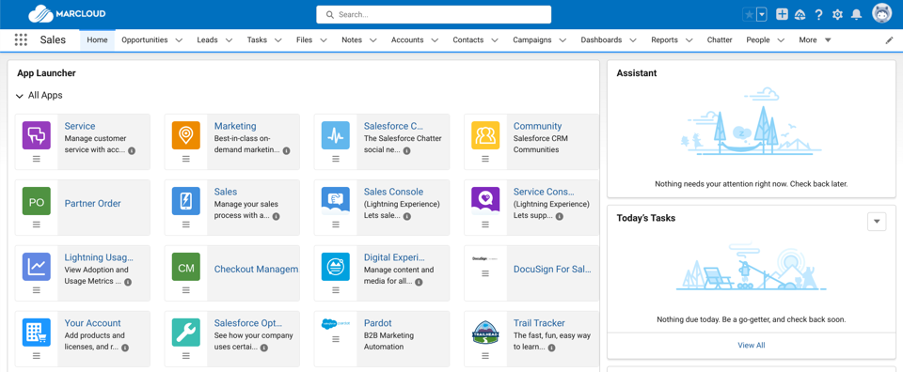
In a nutshell, it enables users of Salesforce products to get more out of their accounts by extending their functionality i.e. building third-party integrations for external sites and apps, or creating better collaboration business-wide via workflows and reports.
There are a number of benefits to using Salesforce Platform rather than building apps or technical solutions elsewhere. Namely, it removes any hassle around server configuration and management, as well as providing:
- a readymade user interface and components to speed up development.
- a mobile software development kit (SDK) to build native apps for iOS and Android.
- instant app deployment.
- social network integration.
- personalised experiences using Salesforce product databases.
- the ability to create unified reports and workflows, extending CRM functionality.
- business process automation.
Even more impressive is that all of the above can be achieved with little to no code, meaning less time and complexity for developers.
What is Sales Cloud?
Sales Cloud, on the other hand, is Salesforce’s jewel in the crown and its original customer relationship management (CRM) cloud-based software.
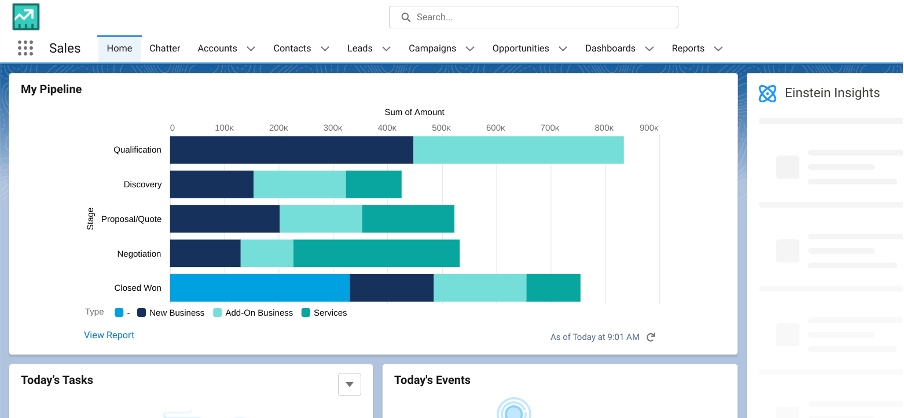
It’s designed to help sales teams sell faster and smarter, by allowing them to easily manage the company's contacts, accounts, leads, opportunities, quotes, and deals all in one place.
There are, of course, other Salesforce ‘clouds’ including Service Cloud and Commerce Cloud. These are all very different cloud solutions and you can read why in this blog.
The power of Sales Cloud for marketing teams is that it bridges the gap between marketing and sales activities, thanks to the seamless integration between Sales Cloud and Marketing Cloud products such as Account Engagement (formerly Pardot) and Engagement.
Making sense of Salesforce licenses
So, we’ve made clear the differences between Sales Cloud and Salesforce Platform, as well as ‘Salesforce’ the company. Your next question may be about access and licensing.
To gain access to Sales Cloud, you will need to subscribe to an ‘edition’: Starter, Professional, Enterprise, or Unlimited. Once you’re signed up, you can implement your new sales software but be sure to plan and swot up on the features, capabilities, and best practices before doing so.
Salesforce Platform is an entirely separate product with its own pricing: Platform Starter and Platform Plus. Both are based on users per month but require an annual contract. You wouldn’t purchase Salesforce Platform without having an existing Salesforce product such as Sales Cloud or Marketing Cloud.
When you purchase any Salesforce product, you’ll receive what’s known as a ‘Salesforce Organization’; an online space where you can manage your Salesforce account, including users, permissions, and licenses.
For each user you create, you must assign a license. Different license types support different permissions, and certain licenses are only available for customers of specific editions.
For example, the Standard User License contains the following types:
- Salesforce
- Knowledge Only User
- Identity Only
- External Identity
- Salesforce Integration
- WDC Only User
Each of these types supports different permissions and some are only available in particular editions. You may choose different licenses based on what you want a particular user to be able to do within your Salesforce product i.e. Sales Cloud.
If you’re using Salesforce Lightning Platform, you’ll need Lightning Platform User Licenses and these too have different types with differing permissions:
- Salesforce Platform
- Lightning Platform - One App
- Force.com - App Subscription
- Company Community User
- Developer
You can view all of the Standard and Lightning Platform User License types and their details on the Salesforce help website and if in doubt, contact the Salesforce team or your existing Salesforce account representative.
Hopefully, this article has cleared up some of the confusion around Sales Cloud vs Salesforce Platform vs Salesforce, the brand.
If you need support with implementing a new Salesforce marketing product or would like a free audit of your existing account, get in touch with our expert team of certified specialists.

Eoin Walsh
Eoin brings a wealth of expertise to MarCloud and its clients, thanks to his four years at Salesforce where as Senior Marketing Cloud Executive, he built B2B and demand generation engines for customers in the UK technology sector.
More by Eoin WalshFeatured resource
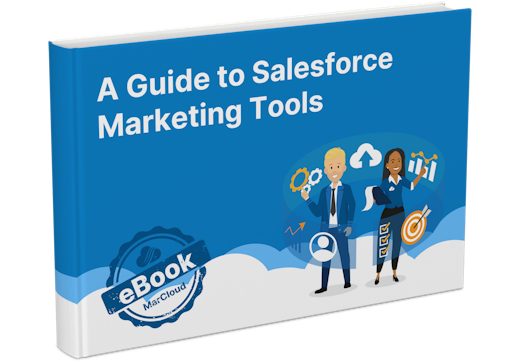
Salesforce Marketing Tools
With the eBook ‘A Guide to Salesforce Marketing Tools’ in your arsenal, you’ll have a go-to, comprehensive, expert guide to understanding and selecting your perfect Salesforce marketing platform(s), be it Marketing Cloud Account Engagement (Pardot) or Engagement, and the products available to each.
Download now